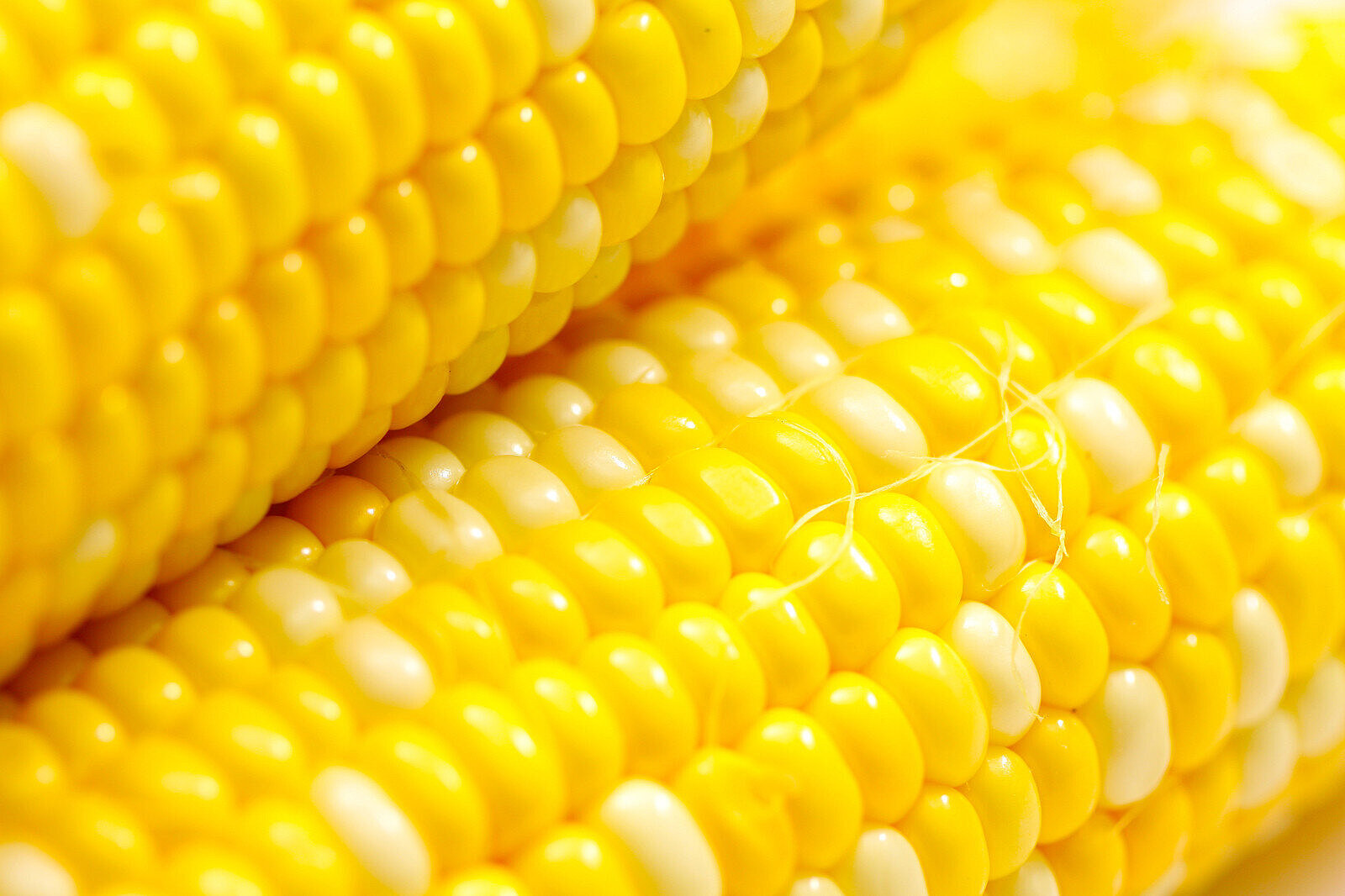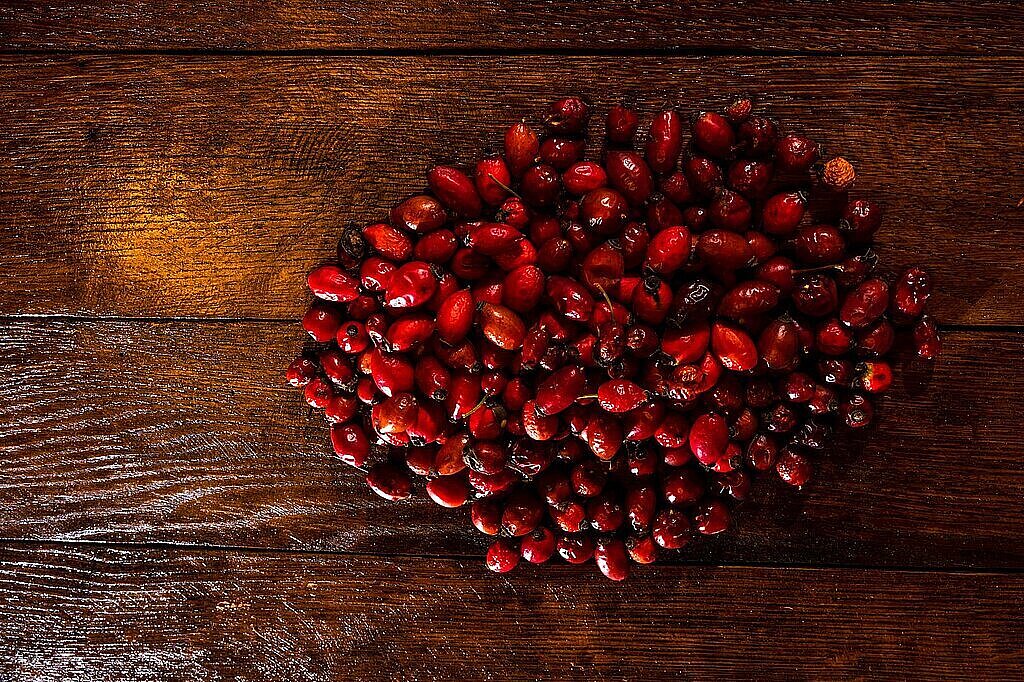Astaxanthin

Astaxanthin has many potential health benefits for dogs. For example, it can strengthen the immune system, improve eye and heart health, promote skin and coat quality and relieve joint pain. Astaxanthin can also increase the performance and endurance of dogs.
But how does a dog get astaxanthin?
The easiest way is to give him food that is rich in astaxanthin. This includes salmon, shrimp or krill, for example. However, these foods often only contain small amounts of astaxanthin or are contaminated with harmful substances. It can therefore make sense to give your dog a dietary supplement containing astaxanthin.
There are various products on the market that contain astaxanthin for dogs. You should pay attention to the quality and purity of the product. You should also pay attention to the correct dosage. Humans absorb astaxanthin better than dogs and generally only need 4 mg per day. Dogs need about 1.5 mg per pound of body weight. This means that a 10 kg dog needs about 30 mg of astaxanthin per day.
Are there any disadvantages or side effects of astaxanthin for dogs?
So far there are no known serious side effects. However, you should be careful with dogs with blood clotting disorders or those taking blood-thinning medication. This is because astaxanthin can impair blood clotting and increase the risk of bleeding. In addition, you should always consult your vet before giving your dog a new food supplement.
To summarize, astaxanthin is a promising super antioxidant that can have many positive effects on the health of dogs. It is important to ensure that the product is of good quality and to choose the right dosage.
Properties 6
Are you looking for other ingredients with a specific property?
Just click on them to find more.
If you notice any signs of hypersensitivity or poisoning in your dog, you should see your vet immediately. We are not a substitute for a vet, but we try to be as accurate as possible. Every dog reacts differently and we recommend you get a second opinion or consult your vet if in doubt.
Stay healthy and take good care of your four-legged friend!😊
Similar to Astaxanthin
Dogs can convert beta-carotene into active vitamin A and thus cover their need for this vitamin. Vitamin A is important for the dog's eyesight, skin health and immune system, among other things....
Lutein can improve vision in dogs, especially in older dogs suffering from age-related macular degeneration. This condition leads to a loss of central visual acuity and can result in blindness....
Like humans, dogs have a macula, a spot on the retina that is responsible for sharp vision. The macula contains high concentrations of zeaxanthin and another carotenoid called lutein. These two...
Lycopene is an antioxidant, which means that it protects cells from the harmful effects of free radicals. Free radicals are aggressive molecules that are produced during metabolic processes or by...



